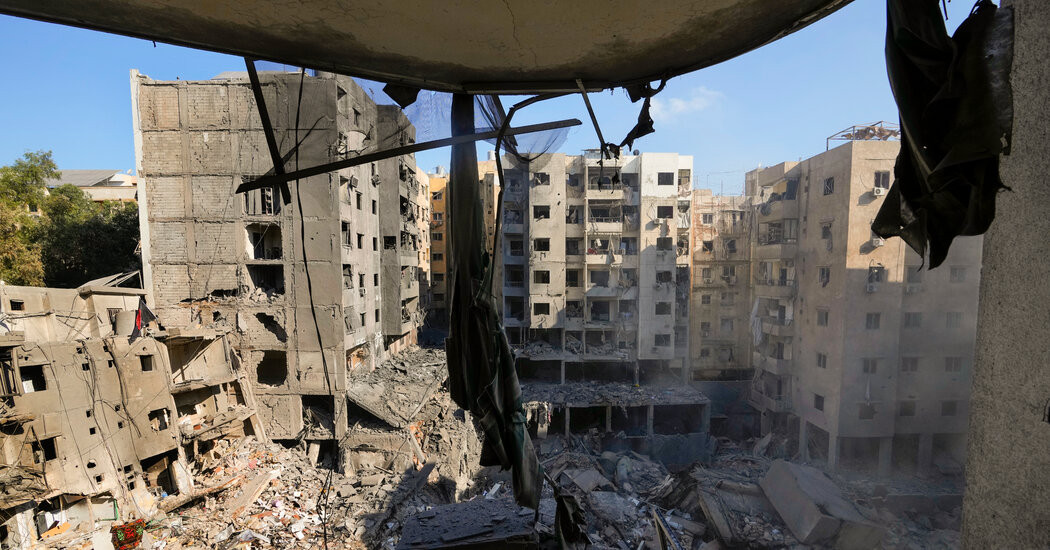

To understand why and how Israel’s devastating blow to Hezbollah is such a world-shaking threat to Iran, Russia, North Korea and even China, you have to put it in the context of the wider struggle that has replaced the Cold War as the framework of international relations today.
After the Hamas invasion of Israel on Oct. 7, I argued that we were no longer in the Cold War, or the post-Cold War. We were in the post-post-Cold War: a struggle between an ad hoc “coalition of inclusion” — decent countries, not all of them democracies, who see their future as best delivered by a U.S.-led alliance nudging the world to greater economic integration, openness and collaboration to meet global challenges, like climate change — versus a “coalition of resistance,” led by Russia, Iran and North Korea: brutal, authoritarian regimes who use their opposition to the U.S.-led world of inclusion to justify militarizing their societies and maintaining an iron grip on power.
China has been straddling the two camps because its economy depends on access to the coalition of inclusion while the government’s leadership shares a lot of the authoritarian instincts and interests of the coalition of resistance.
You have to see the wars in Ukraine, Gaza and Lebanon in the context of this global struggle. Ukraine was trying to join the world of inclusion in Europe — seeking freedom from Russia’s orbit and to join the European Union — and Israel and Saudi Arabia were trying to expand the world of inclusion in the Middle East by normalizing relations.
Russia attempted to stop Ukraine from joining the West (the European Union and NATO) and Iran, Hamas and Hezbollah attempted to stop Israel from joining the East (ties with Saudi Arabia). Because if Ukraine joined the European Union, the inclusive vision of a Europe “whole and free” would be almost complete and Vladimir Putin’s kleptocracy in Russia almost completely isolated.
And if Israel were allowed to normalize relations with Saudi Arabia, not only would that vastly expand the coalition of inclusion in that region — a coalition already expanded by the Abraham Accords that created ties between Israel and other Arab nations — it would almost totally isolate Iran and its reckless proxies of Hezbollah in Lebanon, the Houthis in Yemen and the pro-Iranian Shiite militias in Iraq, all of which were driving their countries into failed states.